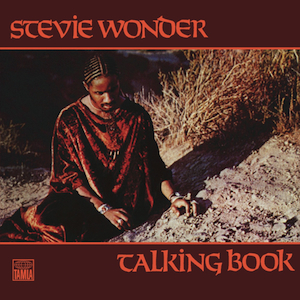
View the Premise & Ground Rules for Revisiting Vinyl
"It's a new horizon and I'm awaking now."
Key Tracks:
Don't Look Back is everything that's great about classic rock. So is Feelin' Satisfied. It should've been just as big of a hit.
My Overall Rating of the Tracks Separately:
Recommended Listening (3/4 stars)
"Don't Look Back" is a sophomore effort that delivers the inverse result of BTO's "II." Where "II" was hurried, frazzled and disconnected, "DLB" was given time to gel. Boston actually took a few years after their first mammoth release. They took so much time that their label eventually released this second LP before the band was done with it. Surprisingly, the results weren't at all bad.
But time's not the only issue at work. Brad Delp's vocal range is amazing. Tom Scholz is a guitar player's guitarist. How amazing? Well, lemme tell ya. There are what sound like some pretty interesting, proggy keyboard solos on this record. But then when you read the liner notes, you see the statement "No synthesizers used / no computers used" and you realize that all those solos are done on a guitar. And then you have to immediately lift the needle and play it back again in disbelief. BTO had some talent, but they didn't have Boston talent.
So, room to breathe and superior musicianship lead (astonishingly) to a superior product - at least in this case. There are also examples of the opposite. Anybody heard "Chinese Democracy"?
So, is it an album? Yes. There is a singular sound to the vocals, the guitar and the narrative voice. That absolutely makes for an album in my book.
Up next - okay, I get the point! We're still hard and heavy into jock rock, only this time we get real synths (instead of... um... fake ones?). It's "Two for the Show," a double live release by Kansas.


